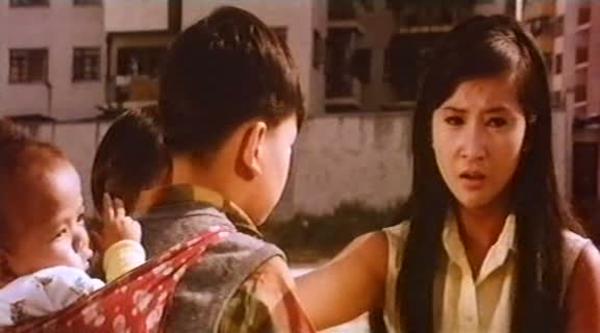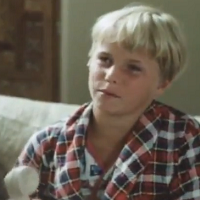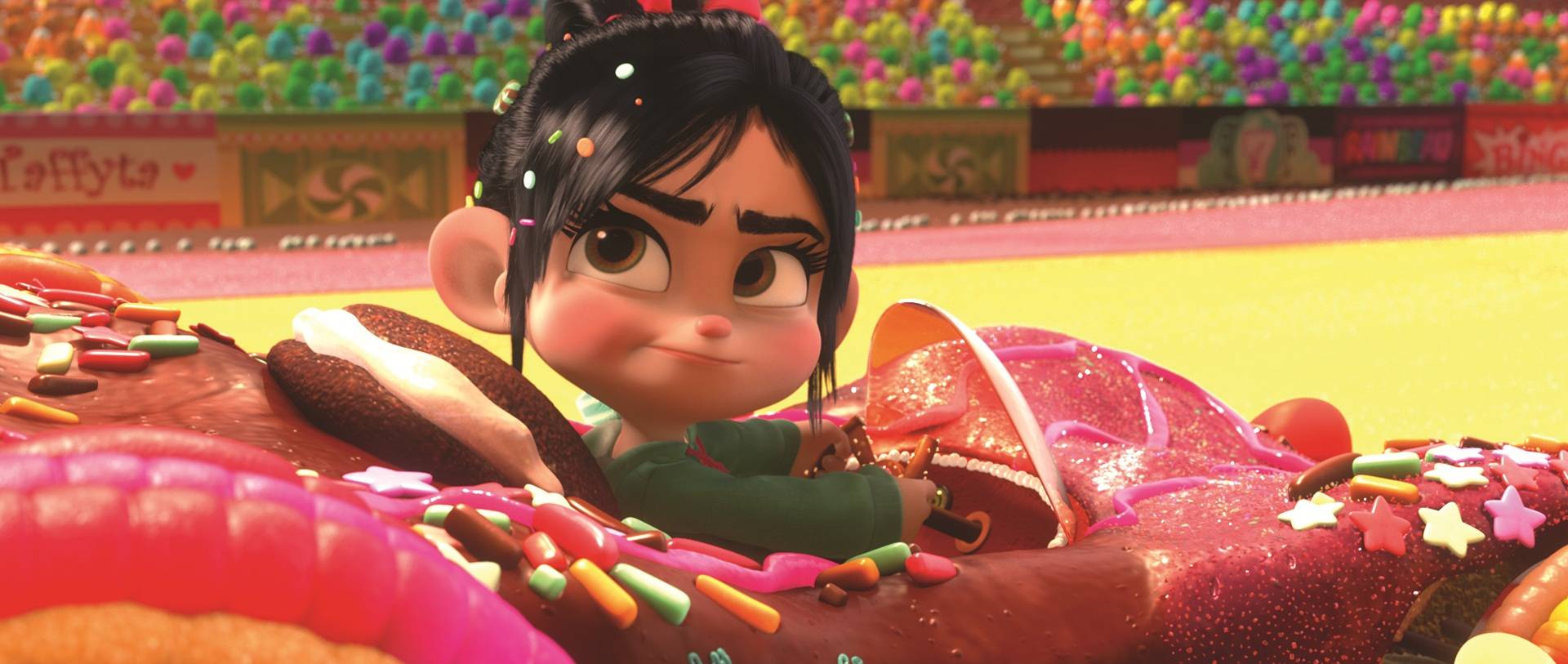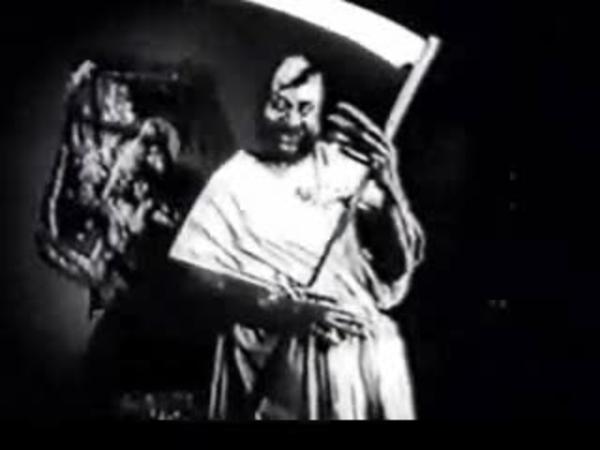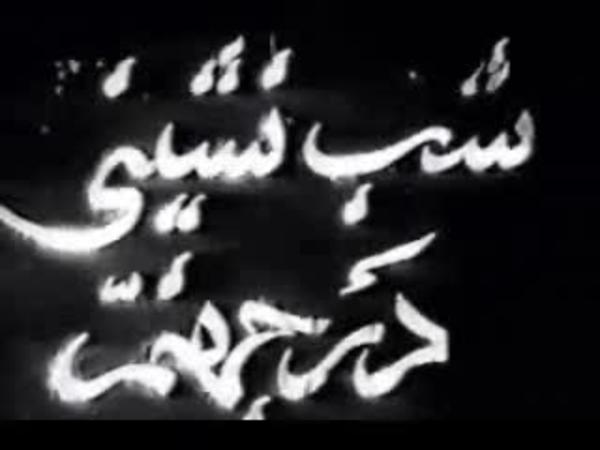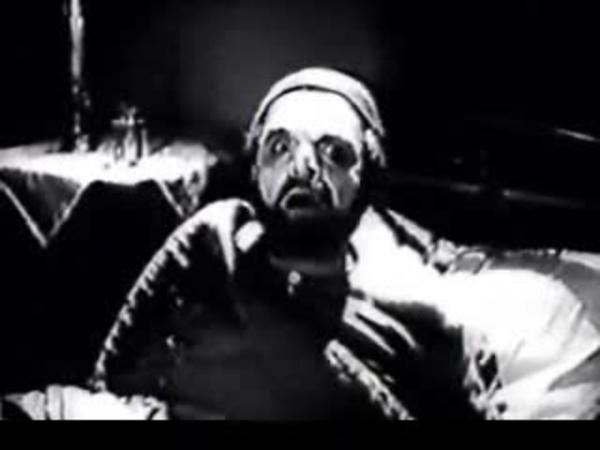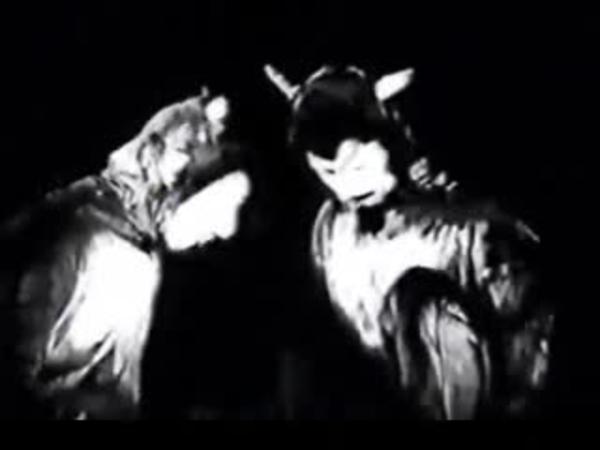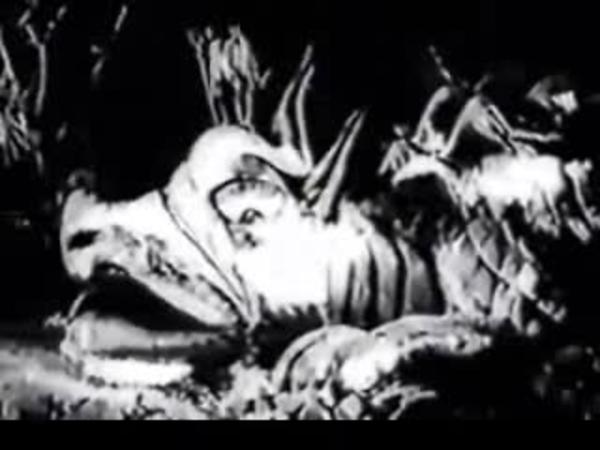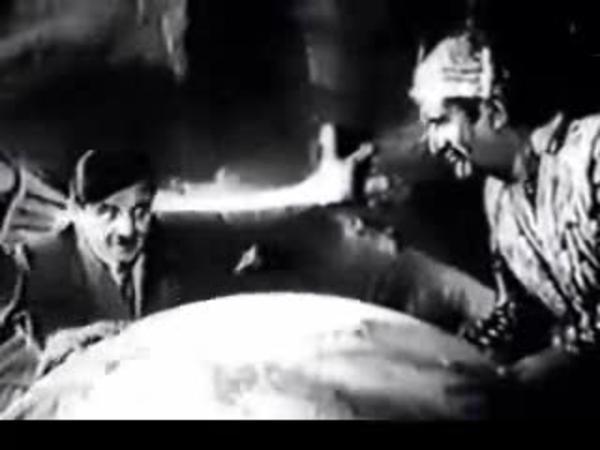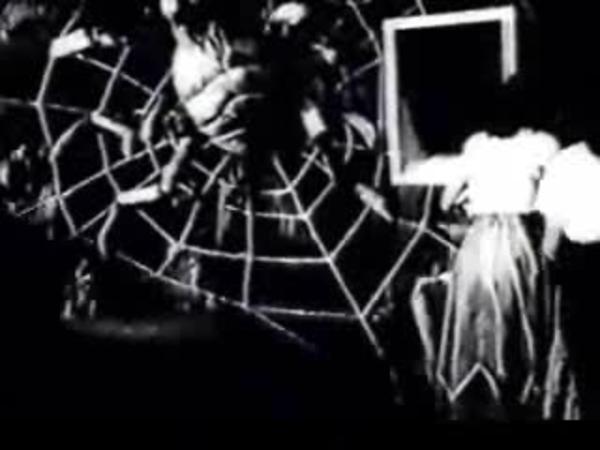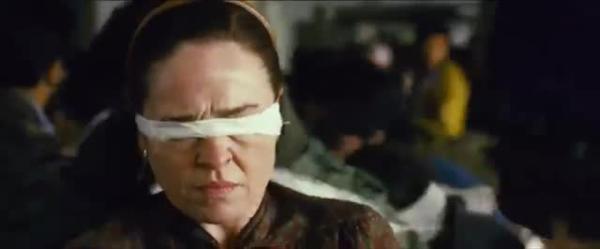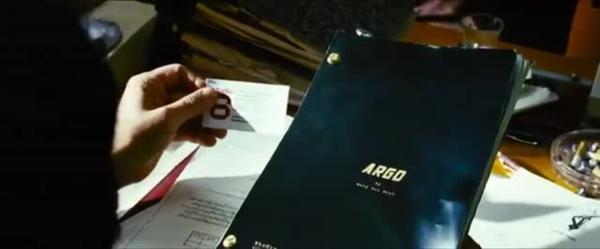Teddy Girls
aka 飛女正傳 aka Fei nu zheng zhuan
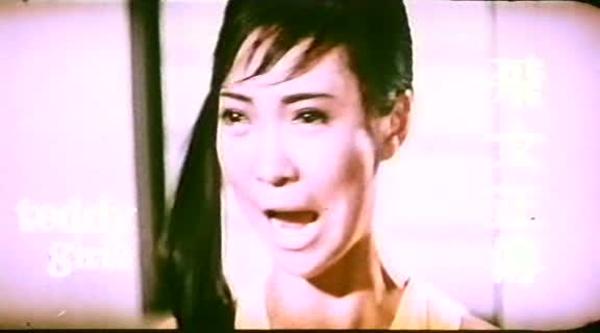
1969![]()
Written by Patrick Lung Kong and Lam Nin-Tung
Directed by Patrick Lung Kong
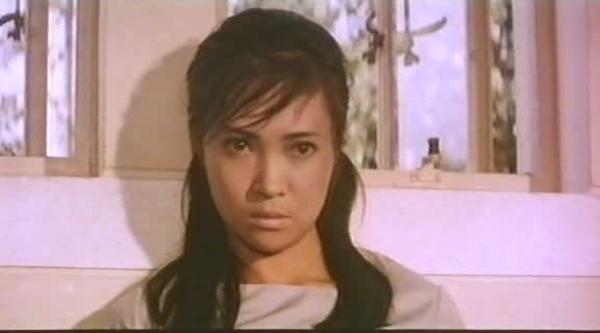
Patrick Lung Kong’s work is not mainstream pop cinema. It is instead cinema touching on social and economic problems not touched by most films, and the few times the topics are, it’s clearly in the realm of exploitation cinema. The approach to the subject matter is more mature than much of the Hong Kong cinema of the time. While there were plenty of dramas involving family issues, the issues tackled in Teddy Girls trend more serious, and show more of societies effects on the problems, both on how they’re caused and by what they do to the people trapped in them. These are common themes in Patrick Lung Kong’s work.
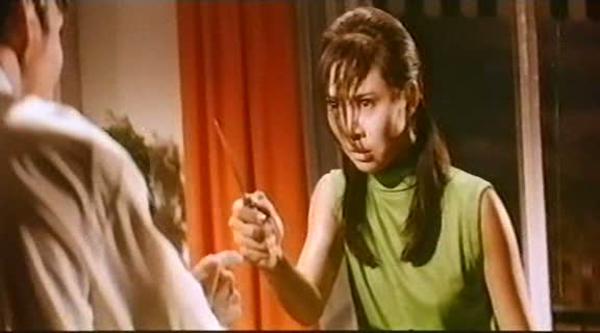
What makes Patrick Lung Kong’s films stand out from other dramas is the strength to tackle difficult and controversial issues in a mature manner and still tell a good and entertaining story. Both as a writer and a director, Lung worked to better Hong Kong film at the same time Hong Kong cinema was suffering from a decline. Mandarin-language Shaw Brothers flicks outperformed and outclassed local Hong Kong productions, and the highly respected Union Film had shuttered its doors.
His directorial debut was in 1966 with Prince of Broadcasters, which foresaw the influence of radio in Hong Kong and became a hit at the box office. He followed that up with what is arguably his most famous and influential film, The Story of a Discharged Prisoner (1967), a tale about a former prisoner desperately trying to not get sucked back into a life of crime. It had a direct influence on John Woo’s A Better Tomorrow. Woo also must have seen (and borrowed from) Lung’s next film Window (1968), which features a blind woman and a criminal who fall in love. Next up was a look at youth culture with Teddy Girls, the film we will discuss at length below. Yesterday Today Tomorrow (1970), about a plague affecting Hong Kong, caused controversy, the heavily censored version failed at the box office. He continued on with My Beloved (1971) and the domestic drama Pei Shih (1972).
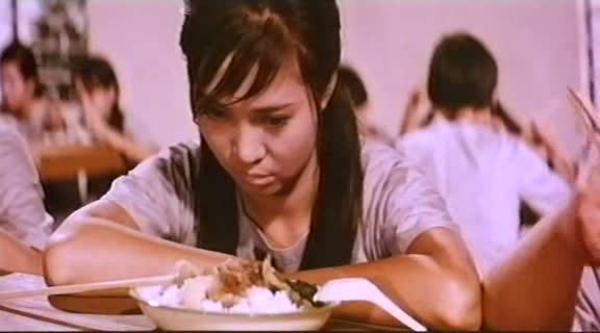
Lung dealt with social issues at large with Hong Kong Nite Life (1973) and then The Call Girls (1973), which featured the stories of five prostitutes. Lung Kong tackled the issue of nuclear disarmament before it was even on people’s radar with Hiroshima 28 (1974), and followed up with the quickly made Mitra (1976), filmed in Iran while he was showing Hiroshima 28 at a film festival. 1976 also saw the release of the sci-fi influenced Laugh In (1976) and Lina (1976). His final film was 1979’s The Fairy, the Ghost and Ah Chung, though he continued to be active in the Hong Kong cinema world through the turn of the century. His films went on to inspire the Hong Kong New Wave directors as they helped reshape Hong Kong cinema.
Most of Lung Kong’s films are hard to find in general, and with English subtitles they are exceedingly rare. Despite a HKFA retrospective his material still remains hard to find for the true Hong Kong cinema connoisseur.
Lung was not afraid to create serious films that tackled social issues in a non-exploitative manner. Patrick Lung Kong became one of the most influential directors in Hong Kong cinema due to how he helmed films like Teddy Girls. His attempts to escape the boundaries and touch on subjects usually avoided stand out sharper now, especially with the ease of availability of the other older films, you can see just how fluff a lot of them were.
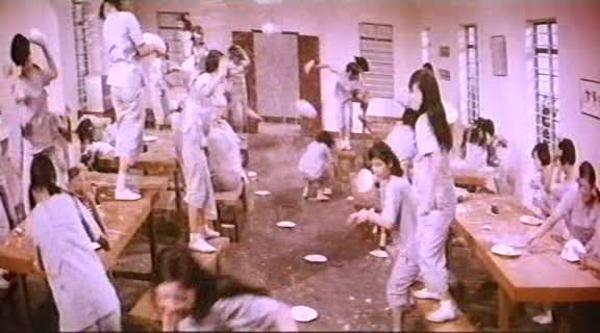
What other director of the time could do a teenage girls in prison film and not make it feel dirty in the slightest, but still fill it with believable and sympathetic characters, humor and tragedy? Characters who suffer all types of bad influences while growing up, rebelling for their own reasons, reaching further tragedy due to the consequences of their original actions. These aren’t bad girls who are bad, these are girls who had the entire deck stacked against them. It’s no wonder some of them just fold and give up. Teddy Girls is never so cruel as when is is making you think things just might be all right for once.
Josephine’s character is running, running from an unhappy home life and disintegration of everything she knew. Her father’s decay and death while her mother found comfort in a new man, a man who is obviously a sleazy parasite.
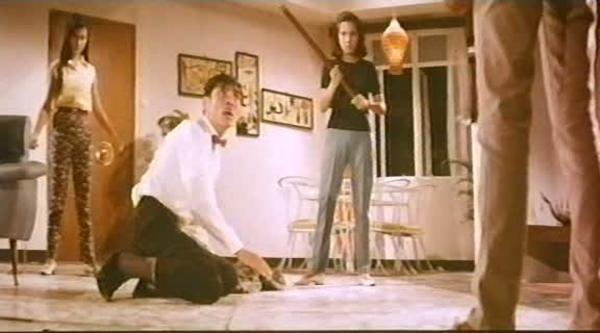
Of the stories of the girls, Josephine’s is the most avoidable, she seems to be acting out more of simple teenage rebellion. But she becomes part of a system that is bigger than her, and life is a cruel thing at times. Josephine’s downfall is the biggest as she has the longest way to fall. Her character seems to have it all, but she lacks the one thing she craves, and she cannot stand it. Her life becomes destroyed, and her rage focused on a single target, the man she blames for ruining everything. And he’s not innocent, his motivations are scuzzy and he leaves Josephine’s mom in ruin.
Josephine is swept up in revenge, but she becomes her own victim, by acting out rashly and destructively. Not only does she destroy her life, she brings downfall on others. Misery is spread, the only lesson is how many ways this could have been avoided, by many people.
The only real drawback is the moral message at the end literally given by Kenneth Tsang Kong as the mouthpiece to one of the young ladies, bringing to mind flicks like Reefer Madness where a character will suddenly address the audience from behind a desk.
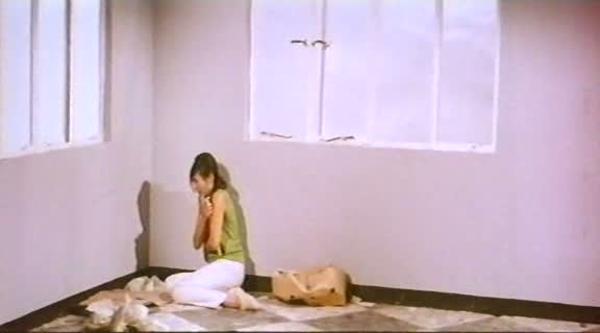

|
